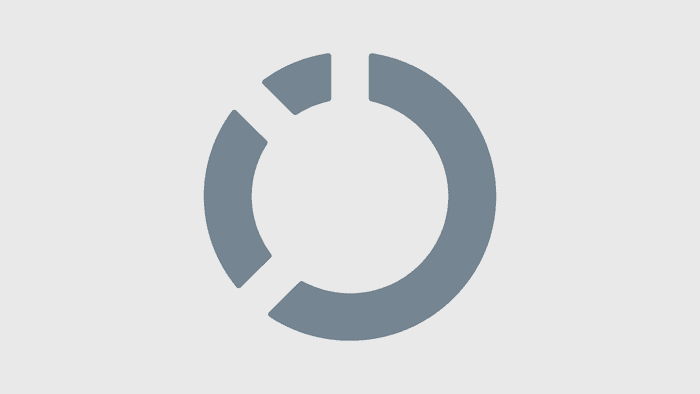Although clinical decision support systems remain the rock stars in many large hospitals and group practices, let's not forget the need to analyze operational, financial, and quality control data.


Putting a clinical decision support (CDS) system in place without also installing a more generic business intelligence (BI) program is like building a skyscraper on a sandy lot. And with all the attention CDS gets these days, it's easy to forget that for healthcare providers to survive in a competitive market they need a strong BI foundation to correlate, analyze, and glean insight from financial and operational data.
A recent study by research firm KLAS makes it clear that most healthcare organizations do see the value of these less-glamorous tools. The study found that more than 50% of healthcare organizations plan to replace or buy new BI systems over the next three years.
Of the 147 respondents KLAS surveyed, representing 137 healthcare provider organizations, about one-third said they intend to purchase new BI tools, while 19% said they will replace their BI systems. Another 33% reported that they will continue with their current BI tools, while 14% said they have no plans to change these systems.
In general, many of these BI tools can provide healthcare organizations with various predictive analytics, data modeling, forecasting, and trending for operational, financial data, and clinical data.
Healthcare providers have lots of tools to choose from, including offerings from mainstream software vendors such as Oracle, IBM, and SAP. (SAP's Business Objects product is pictured above.) There are also various BI and clinical analytics offerings from developers of health IT systems such as McKesson and Cerner, and niche products for specific data analysis from vendors such as Omnicell, which offers software specifically for medication and supply inventory analysis.
What are healthcare providers hoping these BI tools can accomplish? Most are looking for an assortment of functionality, including analysis of financial and departmental data, including emergency, surgical, and pharmacy analytics, as well as insight into physician quality, performance improvement, and patient outcomes. The insights gleaned from these tools can also help leaders better understand accountable care organization (ACO) activities, especially as new ACOs and reimbursement change emerge under healthcare reform.
In fact, the KLAS study identified the "wish list" of the top five healthcare-specific functions sought by organizations from their BI products. On that list are 1) enterprise analytics; 2) predictive analytics; 3) ACO analytics; 4) healthcare data integration/data warehousing; and 5) population health. Currently, a third of healthcare organizations have no BI tools, according to the KLAS study, while half are using a single BI vendor or product, and 17% have multiple BI products or vendors. In any case, KLAS expects more healthcare providers to be shopping for BI tools over the next few years. Here are several programs worth checking out now.
About the Author(s)
You May Also Like







